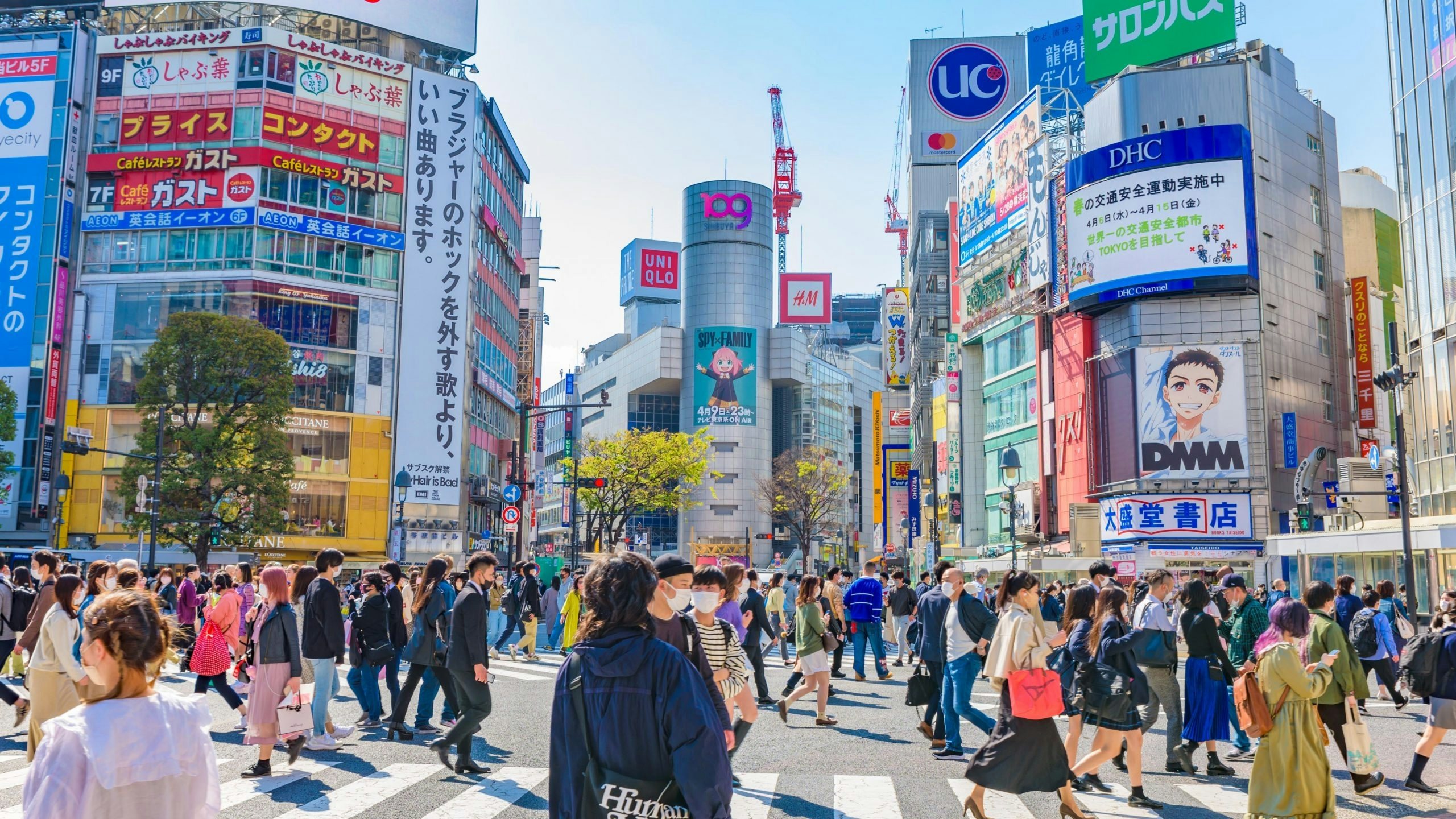What happened
China’s reopened borders signify an upcoming rebound in international outbound tourism by Chinese travelers, according to McKinsey’s latest report on China tourism. The management consulting firm predicts a surge in demand for overseas travel, as well as a rise in international spending. Earlier this year, China resumed outbound group tours and cross-border travel with territories including Macau, Hong Kong, as well as with other nations.
Given the strong rebound in domestic travel — tourist spending has recovered to 70 percent of the pre-pandemic level, and travel volume has reached 90 percent of 2019’s figure — McKinsey anticipates that Chinese tourists will soon be returning to destinations including Southeast Asia, Japan and Australasia.
The Jing Take
COVID-conscious Chinese travelers are cautiously gearing up to resume tourism to some of their dream destinations, according to a series of surveys on Chinese Tourist Attitudes conducted by McKinsey between April 2020 and November 2022. However, consumers’ interest in traditionally popular destinations like Europe is lower than before the pandemic.
While international travel is a growing priority, many Chinese consumers are still wary of deterrents and factors including a lack of COVID-19 safety measures, stringent testing requirements and barriers to obtaining visas.
Overall, according to McKinsey, Chinese travelers are seeking novel experiences, and are willing to spend on entertainment, food, shopping, as well as unique accommodations including boutique hotels and one-of-a-kind Airbnb homestays.
However, overseas brands will see competition from Chinese brands intensify, as consumers increasingly opt for domestic brands. The prestige and status of international brands will wane as the quality of Chinese brands improves.
According to a separate report by China Daily, Chinese consumers with prior international traveling experience, those between 21 to 45 years of age, as well as those with higher incomes, showed a “strong willingness” to resume overseas travel.
The typical Chinese tourist’s budget for outbound trips has risen by 16 percent from 34,300 RMB (4,904) in the period spanning January 2019 to March 2020 to 39,800 RMB (5,690) today.
"Chinese tourists who have not been traveling abroad for three years can't wait to venture out again,” Dennis Chang, China division president of Mastercard, is quoted as saying in the China Daily report.
“Their consumption behavior has changed significantly from the past, and they are eyeing new ways and trends of traveling globally,” he added.
The Jing Take reports on a piece of the leading news and presents our editorial team’s analysis of the key implications for the luxury industry. In the recurring column, we analyze everything from product drops and mergers to heated debate sprouting on Chinese social media.


